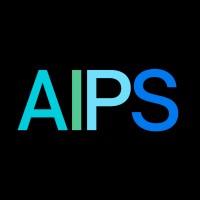
Australian Institute of Policy and Science
The Australian Institute of Policy and Science (AIPS) is an independent not-for-profit organisation first established in 1932 that aims to bring science, people and policy, community and industry actors closer together to encourage engagement and informed debate on key current issues in Australia and globally. Science and technology have an important contribution to make to contemporary social, economic, political, security, ethical and cultural issues. Whether it is about climate change, water, renewable energy, nanotechnology, health advancement or food security, over the coming decades many of the challenges facing us will require scientific input into policy making, a scientifically literate community and greater public engagement with science and technology. Today, the Australian Institute of Policy and Science is dedicated to responding to these challenges and to partnering with others in the not-for-profit, community, industry, education, research, government and other sectors to: - Increase public engagement in science and ensure people have a voice in decisions that affect them - Promote excellence in research, innovation and the promotion and communication of science - Inform and influence policy and policy-making through expert comment and input - Invest in a scientifically inpsired, literate and skilled Australia that contributes to local and global challenges






